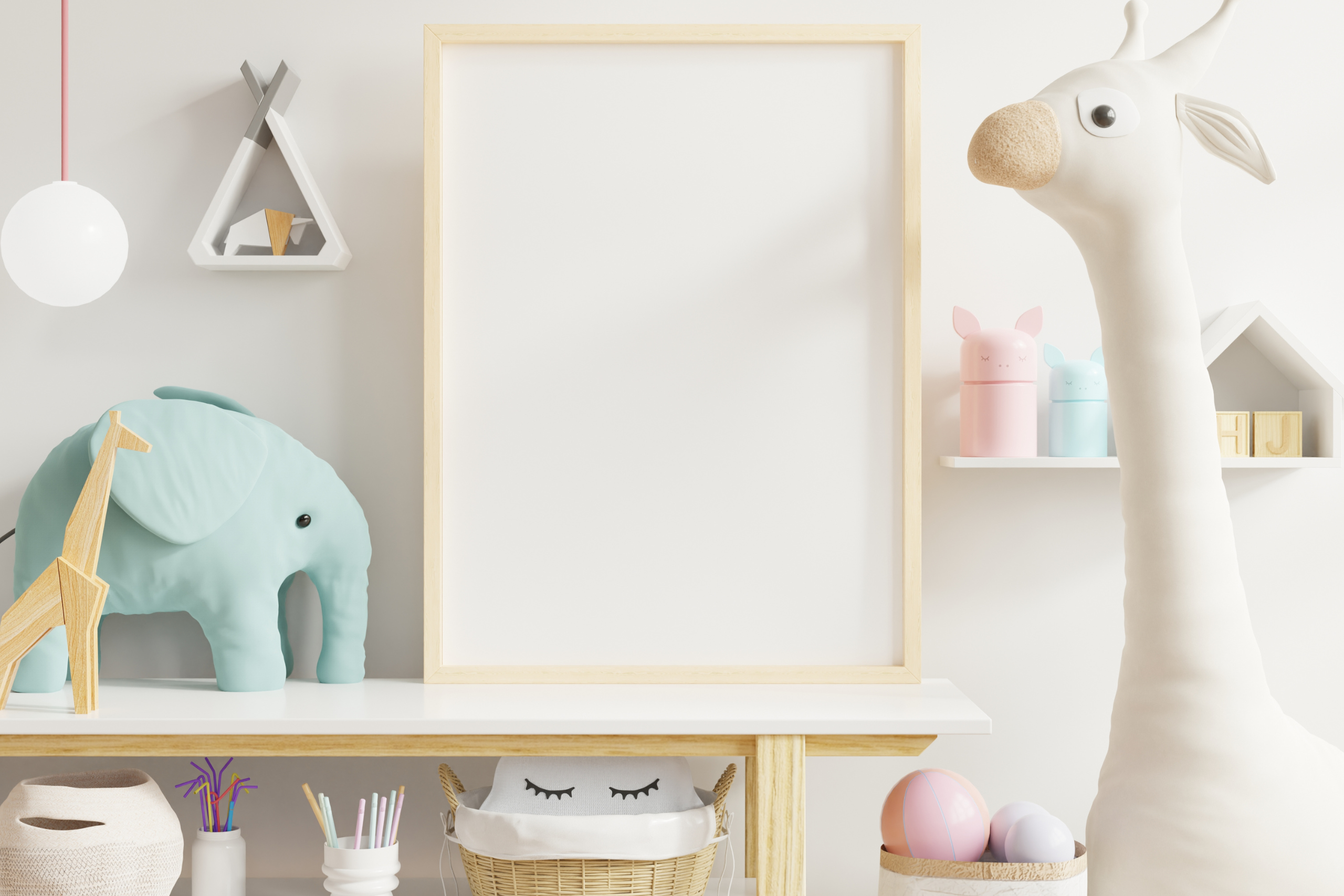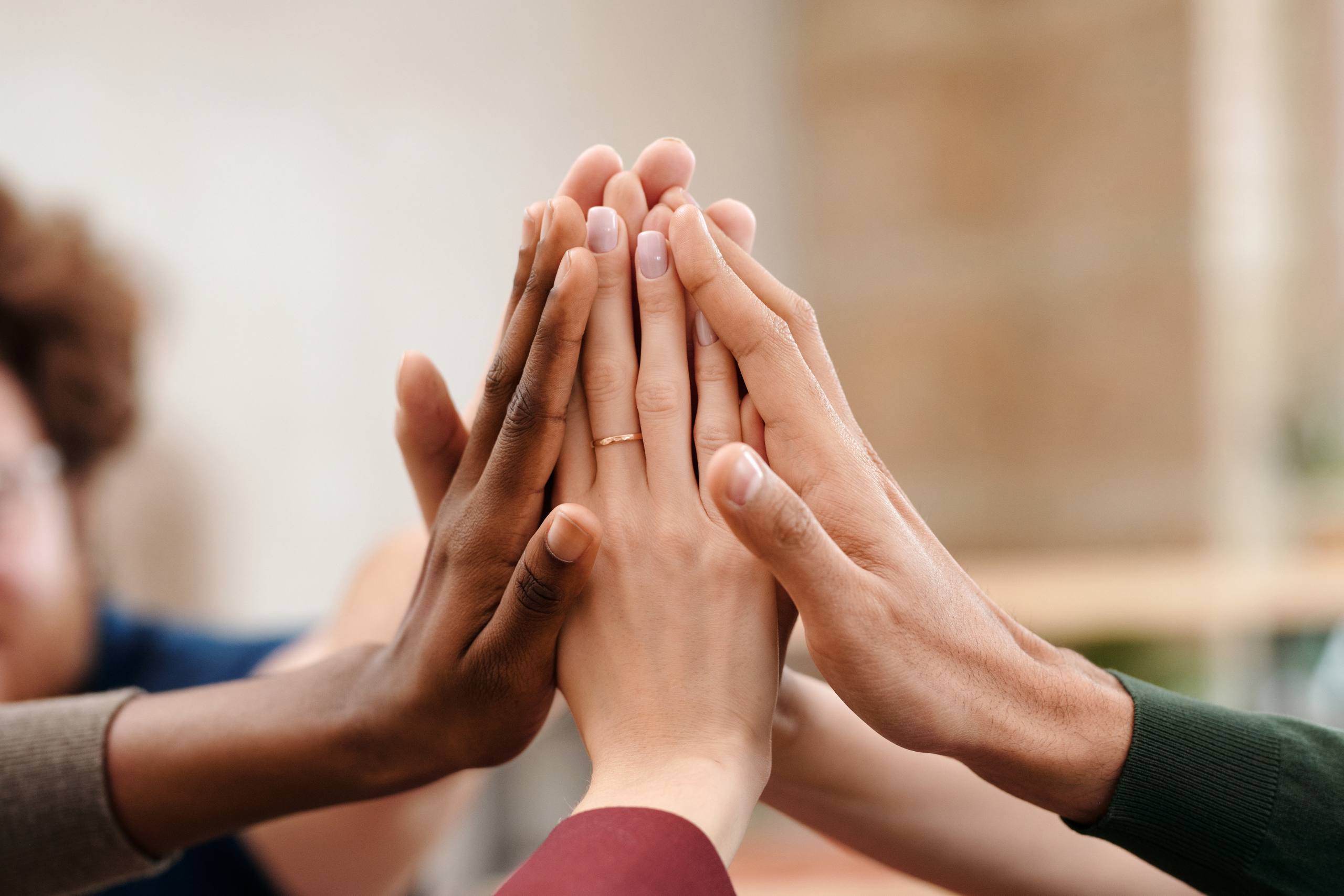The warmer months can be a challenge for people who struggle with body image issues, disordered eating, or an eating disorder (ED).
With outdoor dining and cookouts happening everywhere, there’s a lot more public eating than usual, and more food available and visible. That can be nice, but also overwhelming at times for a person who is working on their relationship with food.
Then there’s the inevitable shift in clothing that happens in warmer weather—as in less of it being worn. Shorts, tees, skirts, dresses. These become the norm.
Again, as with food, the clothing change can be enjoyable, and feel freeing and informal, but it can also make a person feel more self-conscious, stared at, or even defenseless.
When everything gets magnified
As usual, the media and our pervasive diet culture are absolutely no help at these times. In fact, they’re often part of the problem.
The summer hype starts early. Long before Memorial Day, the marketing/advertising industrial complex kicks into gear: “Time to get that beach body ready.” “It’s bikini season!” And on and on.
But here’s the thing: Those messages we’re bombarded with aren’t real life. They’re marketing slogans. And popup ads on our phones.
I say nonsense to all that.
How to stand your ground against the tidal wave
The key is to separate ourselves from the messages. Fact is, we are all worthy of summer—and every other season. We all belong at the beach, pool, cookout, outdoor dining establishment, or anywhere else we want to be.
In summer especially, diet culture tends to rear its judgmental head. At the end of the day, however, it is our decision whether we go along with that mindset, or reject it as the make-believe fantasyland that it is. Here’s a three-step strategy for keeping the fantasyland at bay.
Step One: Be aware that diet culture exists. Through social media, traditional media, marketing, and other channels, diet culture sends us conformist messages about how to look, what to wear, and what to eat. These messages are almost always highlighting and selling products.
The key is to recognize this is happening, and to understand that diet culture often wants us to feel bad about ourselves so we’ll make changes to conform to its unrealistic ideals. Diet culture is trying to create a “problem” with us that needs to be solved. But guess what, there’s not a problem! It’s make-believe.
Here’s a tip: If you see an ad or Instagram post that makes you feel sad or inadequate by comparison, chances are that’s diet culture trying to do its thing. Ignore it. Better yet, laugh at it.
Step Two: Realize that diet culture doesn’t apply to you. Because diet culture tries to make us engage in thoughts and behaviors that aren’t helpful to us, it’s important to separate ourselves from it.
In other words, step 1 is to become aware of it (you’ll get good at this in no time; diet culture is often not subtle). Step 2 is to separate and inoculate yourself from it so it no longer has power over you. The goal is to develop the attitude that diet culture is someone else’s idea of how to look, what to eat, or what to wear, not yours.
Step Three: You do you, and follow through. If step 2 is the theory that diet culture doesn’t apply to you, step 3 is putting that theory into practice.
Meaning your actions and behaviors will be the proof that you are charting your own course, and are not following the unhelpful dictates of diet culture.
The more you see yourself following through in these ways, the easier and more second nature it becomes, the more content and confident you’ll feel.
Putting it all into practice: A summer cookout case study
Let’s look at a hypothetical situation that can be difficult for people who struggle with eating behaviors or body image issues: the summer cookout. Or better yet, a summer cookout on the beach.
This scenario presents several challenges. A lot of visible, summer BBQ foods—juicy burgers, hot dogs, soda, alcohol, potato chips and other packaged goods.
Then there’s the minimal beach clothing, with activities going on such as volleyball, frisbee, and swimming. This scene presents issues for people who are self-conscious about exercise or body movement.
Finally, at a cookout like this, there’s simply the act of socializing for a relatively long period while eating, drinking, and being in a bathing suit. It can be difficult, right?
My suggestion? Consider working with your support group to become more comfortable in these situations, if that’s something that’s important to you. You might even practice it. Maybe it’s a matter of hanging out with one other person, then small groups of trusted friends or loved ones, then gradually expanding to larger groups that may include people you don’t know.
Situations like this are going to be hard at first, but it’s important to try and push through with them so you know you can do it. Which will make it easier and more enjoyable when you do it again. And again.
Also, remember to drop those diet culture expectations we discussed earlier. We don’t need to concern ourselves with those things (the “right” clothes, the “right” body, etc.). The key is, we need to live our own reality, not someone else’s.
You have just as much right as anyone else to be on that beach in whatever clothing you’re comfortable with.
Final thoughts on thriving in summer
First, if you’re struggling, or in recovery from an eating disorder, and things get to be overwhelming at some point, what then?
That’s when it’s good to have a summer emergency plan ready to deploy. Depending on your priorities and what works for you, you may need to:
- Reach out to a trusted friend or loved one.
- Contact your therapist about a visit or two.
- Step up the self-care (movement, meditation, more sleep, etc.).
- Write down your thoughts in a journal each day.
- Do what has worked for you in the past!
Second, it’s so important to strive for self-compassion through all of this. For many people, summer is the hardest season, and can feel like an emotional rollercoaster.
If that sounds like you, try to give yourself a break. Remember how great you are.
Be determined to keep away from feelings of shame, embarrassment, or alienation. Those feelings aren’t necessary, and they’re not helpful, so don’t let anyone or anything force them on you.




